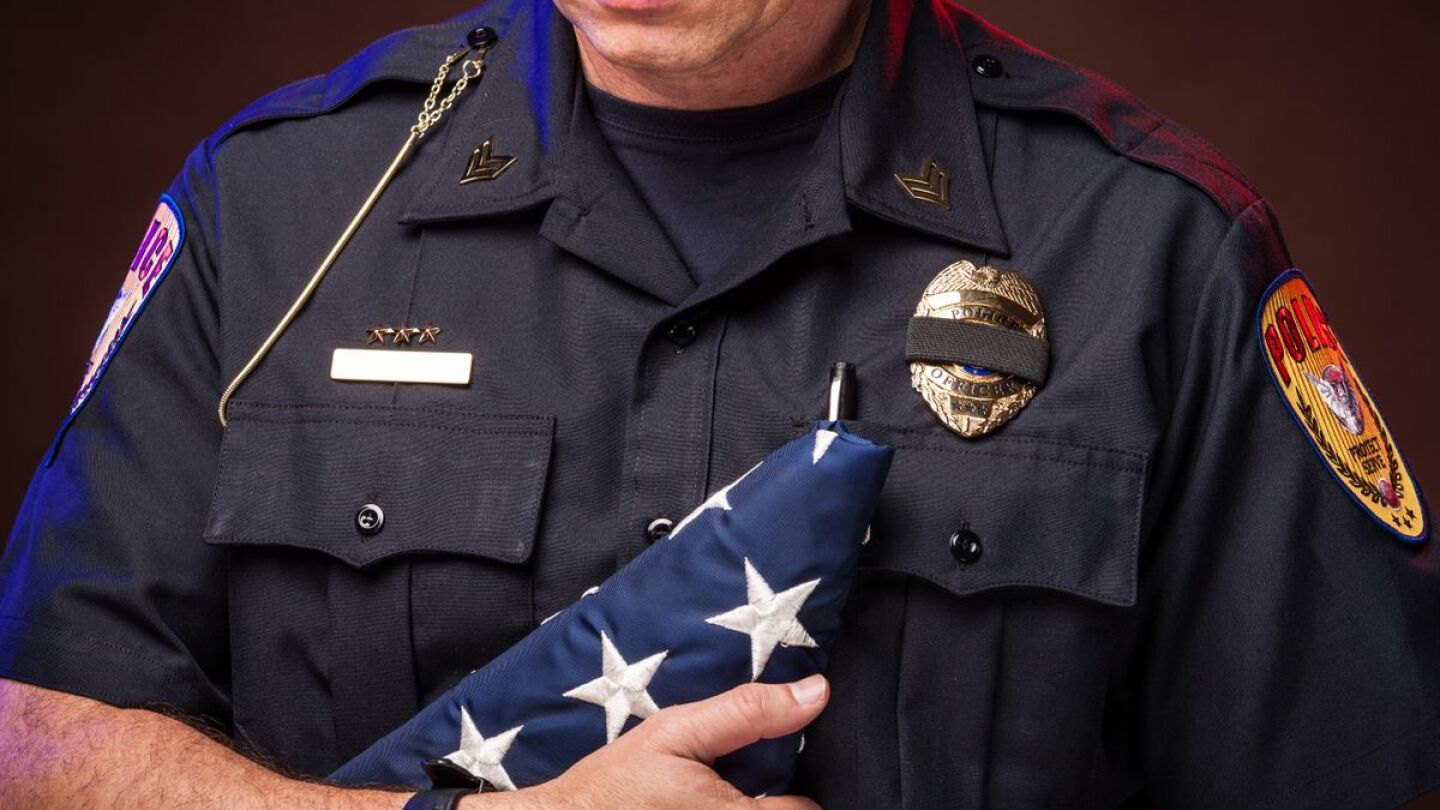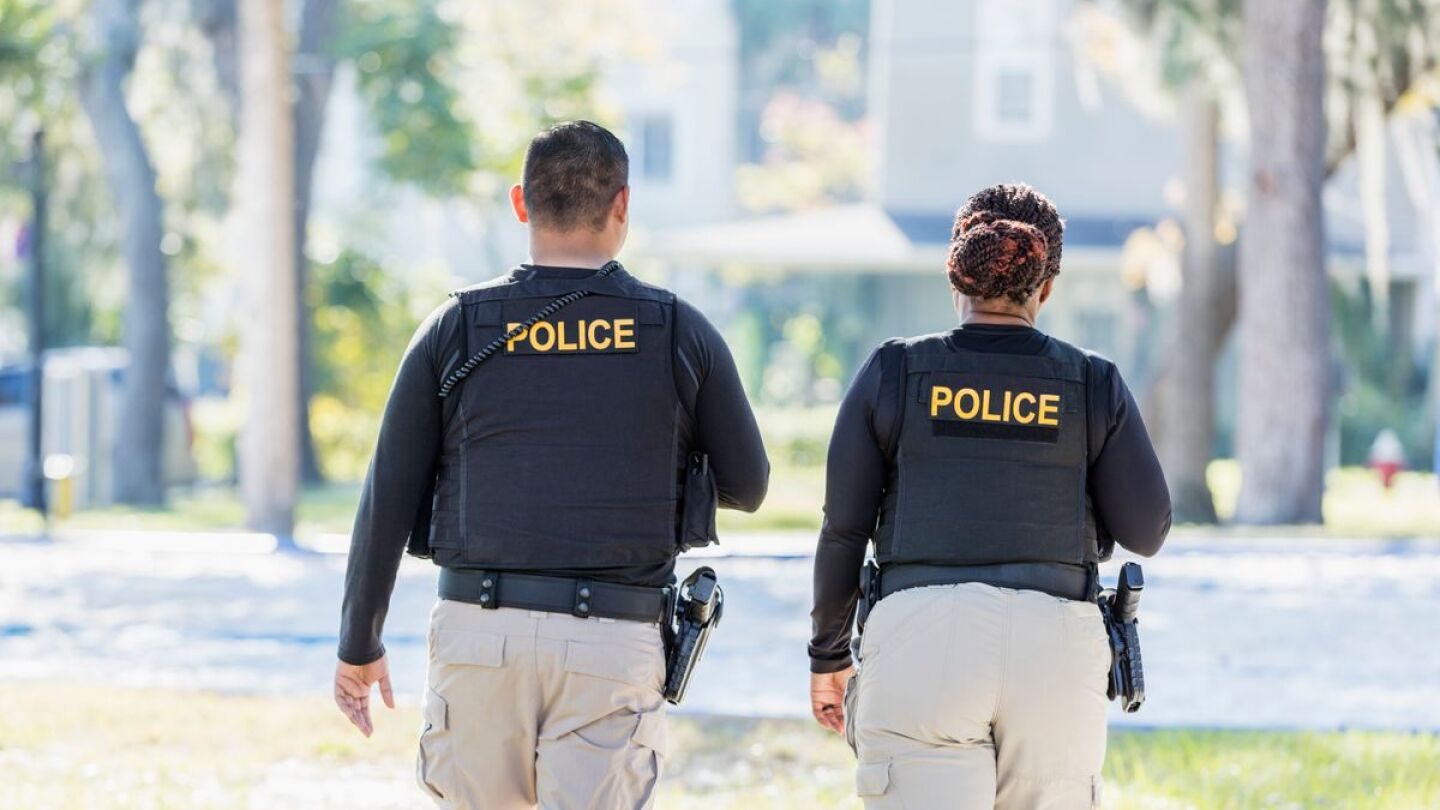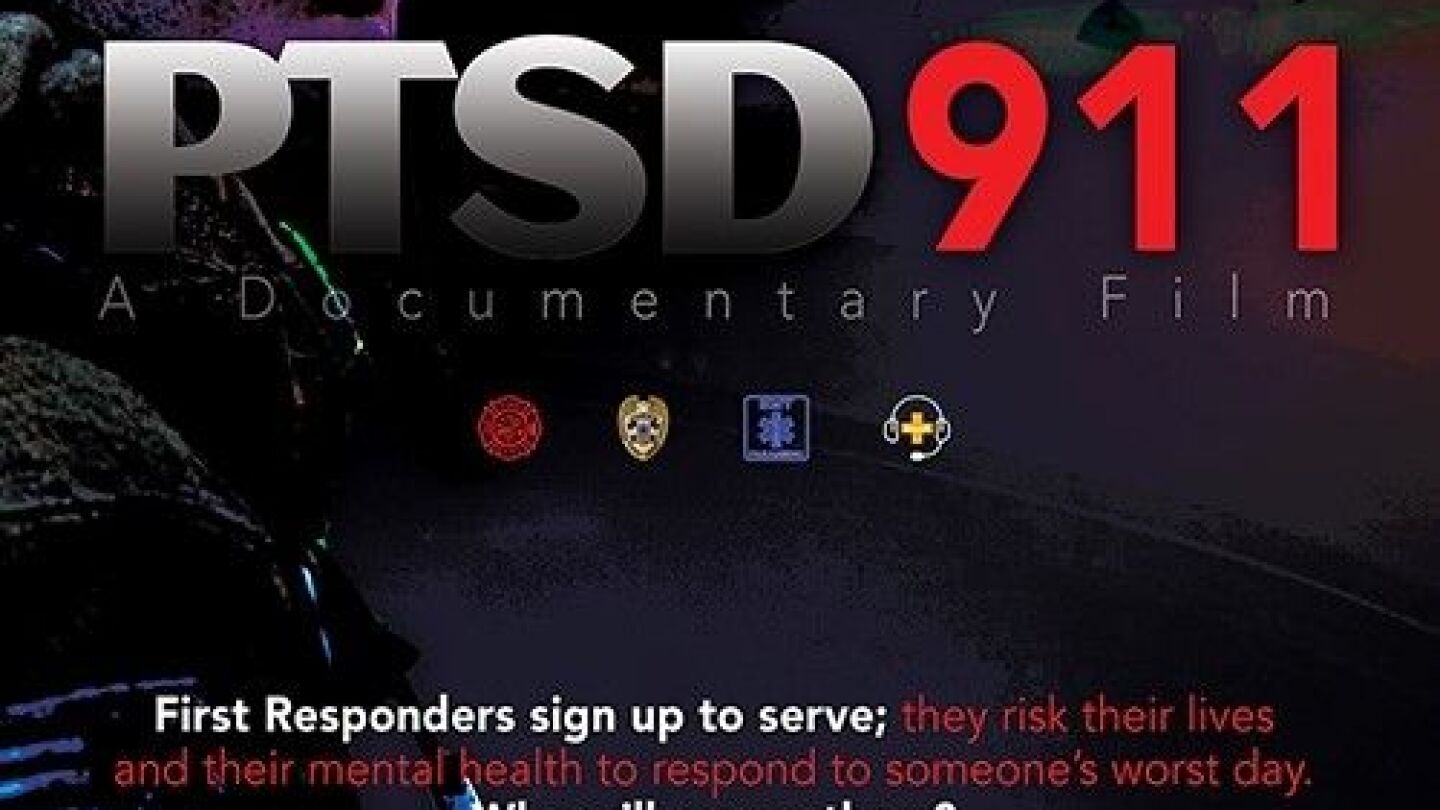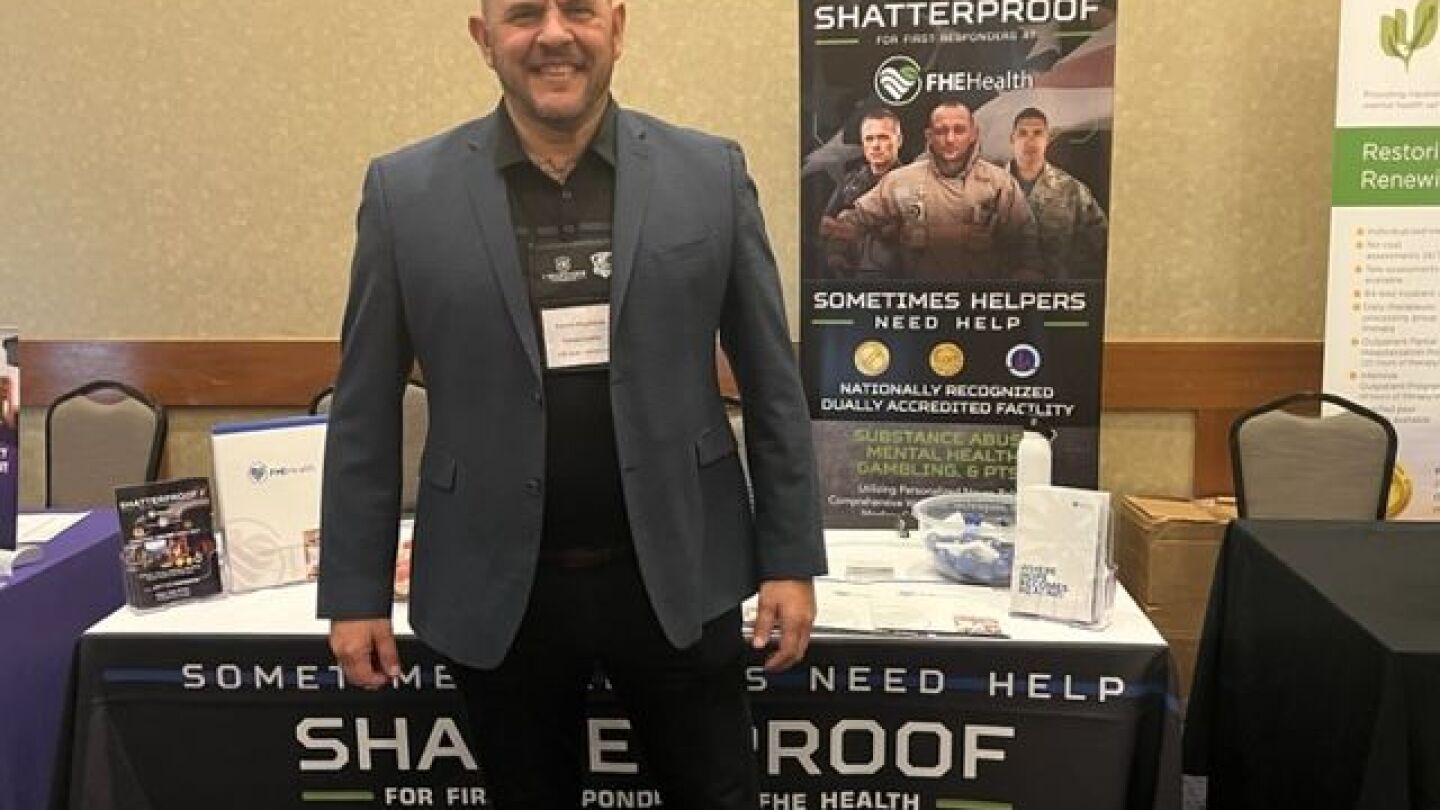PTSD
These action items can help officers incorporate mental fitness strategies into their daily routines
Researchers are working to improve the measurement of death by suicide of law enforcement officers in the United States
Unlike common approaches to wellness, COMPASS is designed to tailor program implementation to the conditions that are unique to each agency
It is imperative that officers process their emotions after exposure to these events to avoid long-term mental health issues
You will face traumatic incidents, so learn to build your resilience from day one, and accept help when you experience something above your ability to process
Stigma can prevent officers from seeking the support they need, leading to negative outcomes such as burnout, substance abuse and even suicide
Mindfulness techniques and takeaways from an eye movement desensitization and reprocessing training course
Many first responders report experiencing the chronic feelings of guilt and shame that are central to moral injury
New bill would make a 2021 law permanent that offered early retirement with a reduced pension
First responders can change the story when it comes to wellness – and it all starts with you!
There are three common elements that can drive the best outcomes
For officers who encounter daily threats, their coiled rope can cause inappropriate reactions
It threatens lives and inhibits performance – here’s what to do about it
The recognition of moral injury could be a major advance in the understanding of stress-related challenges to officer wellness over the course of a career
Officers who apply for disability retirement benefits due to a psychological condition would have to complete up to 32 weeks of mental health treatment
Combating the idea that stress injuries to the brain occur only in the weak-minded is essential to embedding mental health into the first responder culture
First responders may experience 200% more traumatic experiences than most people, but are they 200% more prepared to deal with them?
How a retired police commander is changing the narrative of mental health and healing
An initial ruling stated Jerome Lannon was not killed in the line of duty, so his widow would not be awarded his death benefits
Clinical counselor Lindsay Faas discusses how to proactively protect yourself from burnout, compassion fatigue and vicarious trauma
Learn how therapy can improve communication, provide a safe place for family members to share and gain real-world coping mechanisms
A web-based police training course outlines public safety de-escalation tactics for military veterans in crisis
Do those in public safety do a good job of taking advantage of what’s available to help them in their times of need?
As much as you would like it, you can’t expect to be everyone’s hero. The trauma a victim is experiencing is theirs to handle, not your burden to assume
Caring for families, reducing family stress and combining efforts with spouses who care for the officer at home can improve retention
The 7 Cs of resiliency offers a roadmap for developing the skills your officers need to cope with stress and prioritize their emotional well-being
Supervisors must help officers navigate through mental wellness by recognizing PTSD, normalizing self-care and reducing the stigma around asking for help
Check-ins ensure every department employee has a chance, at least once a year, to talk about any problems they might be experiencing
In the past two years, the number of police officers admitted for treatment at Harbor of Grace have more than tripled
A husband-and-wife team’s events are aimed at reducing providers’ stress, stigma and suicides
There are a variety of options at the federal, state and local level
The mission of the Ohio Department of Public Safety’s Office of First Responder Wellness is to encourage self-care and mental wellness for Ohio’s first responders
We need to be committed to exploring novel approaches and agency successes to boost officer well-being
MOST POPULAR
- Occupational stress in policing: What the research says and what leaders can do about it
- 6 ways a peer support team has an officer’s back
- 12 lessons from the FBI Miami shootout
- 10 first responder charities to donate to on #GivingTuesday
- Digital Edition: Smash the stigma: Building a culture that supports officer wellness



































